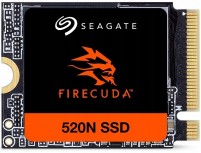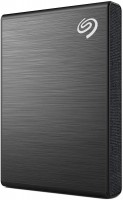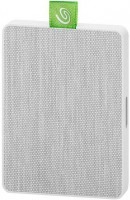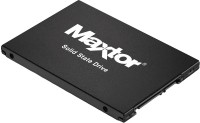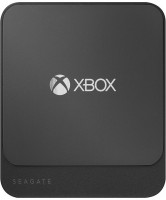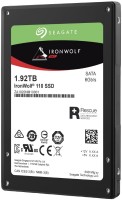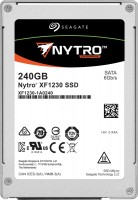SSD Seagate
prices on 8 modelsSeagate FireCuda SSDs (2.5"/M.2 for PC)
As one of the biggest fish in the consumer and server hard drive market, Seagate somehow missed the SSD boom. As a result, the first solid-state devices in the FireCuda series were released only in 2019, and this series really opened up only at the end of 2021, when the main announcements rained down. Since FireCuda is the main consumer product series, the most interesting and diverse drives with a wide variety of connection types - SATA, M.2 and USB are called to its ranks.
 |
The central role in the FireCuda showcase is occupied by the now popular M.2 SSDs, which guarantee the buyer the best ratio between price and performance. In order not to waste your time on trifles, most of them immediately work on the PCI-E 4.0 bus, provide data transfer speeds up to 7300 MB / s and are friends with the PlayStation 5 consoles. These are full-fledged next-generation drives based on the new 176-layer memory manufactured by Micron and specialized Phison controllers, which were designed with the features of the PCI-E 4.0 bus.
For those users for whom this will not be enough, Seagate has released a unique FireCuda 530 Heatsink drive with a brand new Phison E18 controller and a heatsink manufactured by Slovenian wizards from EK. According to Seagate, the anodized aluminium heatsink solves the main problem of modern SSDs on the PCI-E bus - namely, overheating of the memory controller. It was the heatsink from EK that was the final touch, which allowed the drive to take off at a speed of 7300 MB / s.
At the same time, Seagate has not forgotten about the owners of simpler computers who do not need such bells and whistles. Especially for them, several available M.2 drives on the PCI-E 3.0 bus with a modest SLC cache and a small dynamic buffer were released in the FireCuda series.

